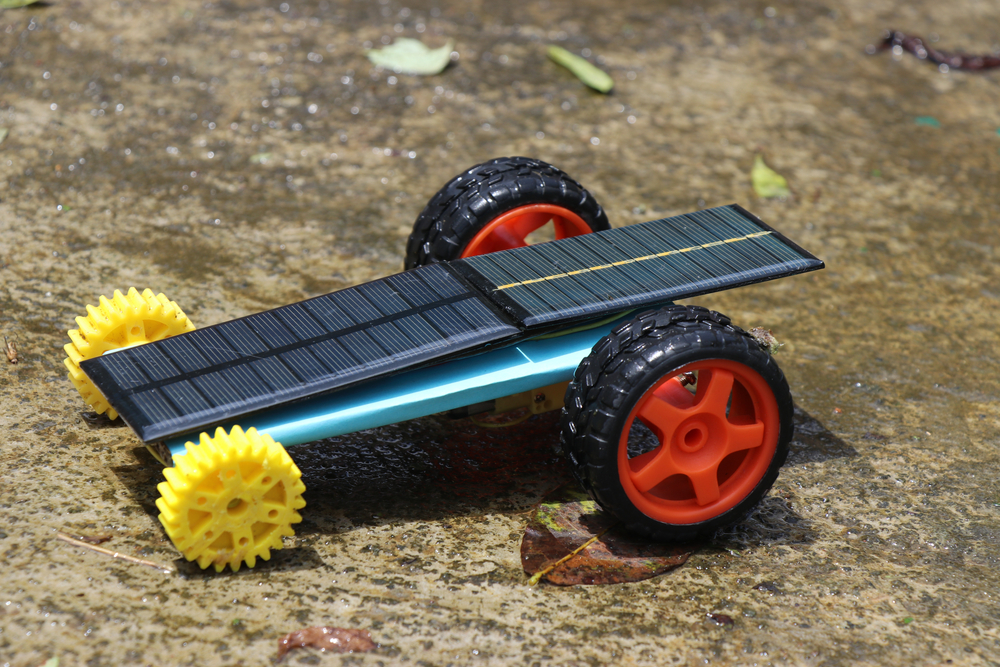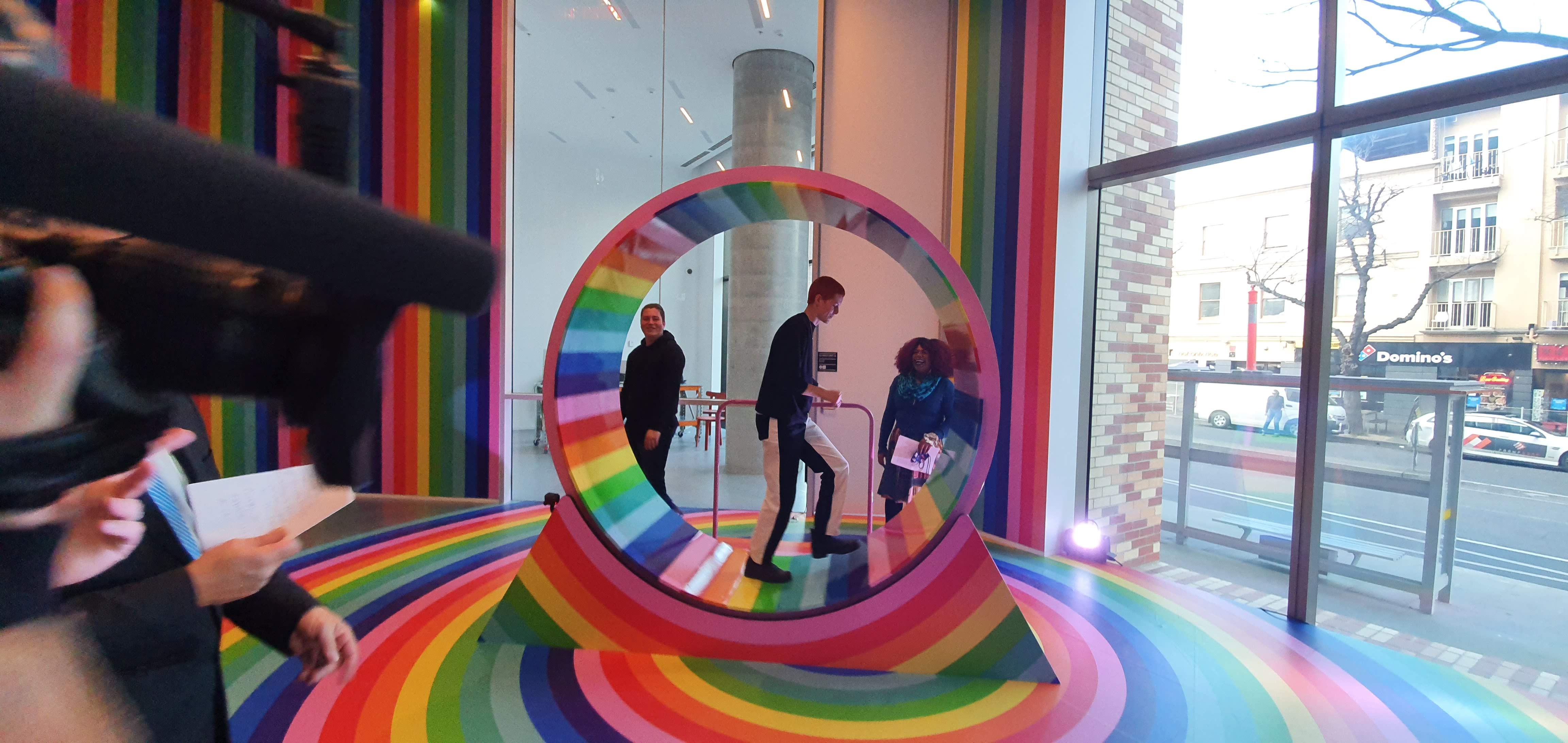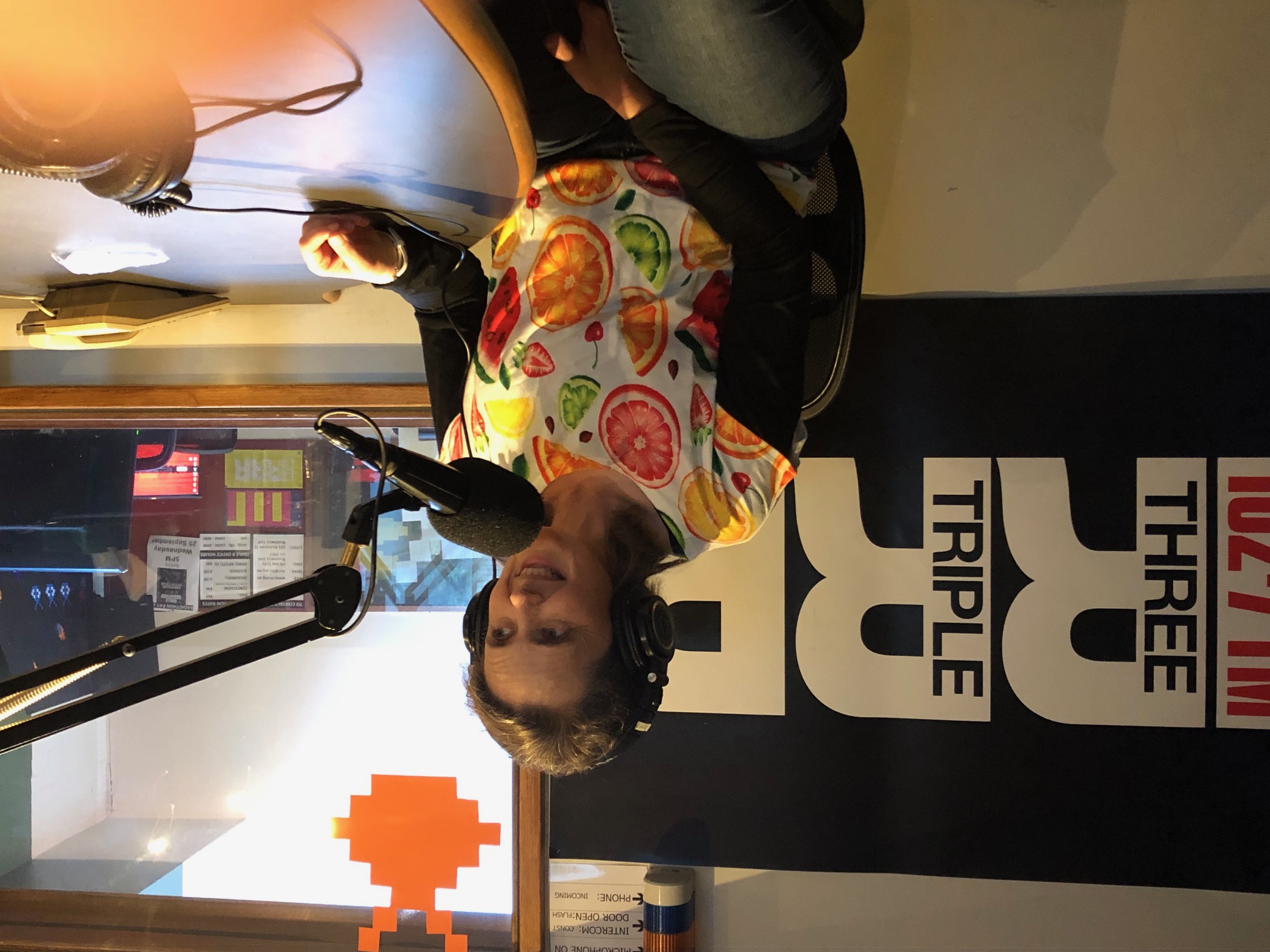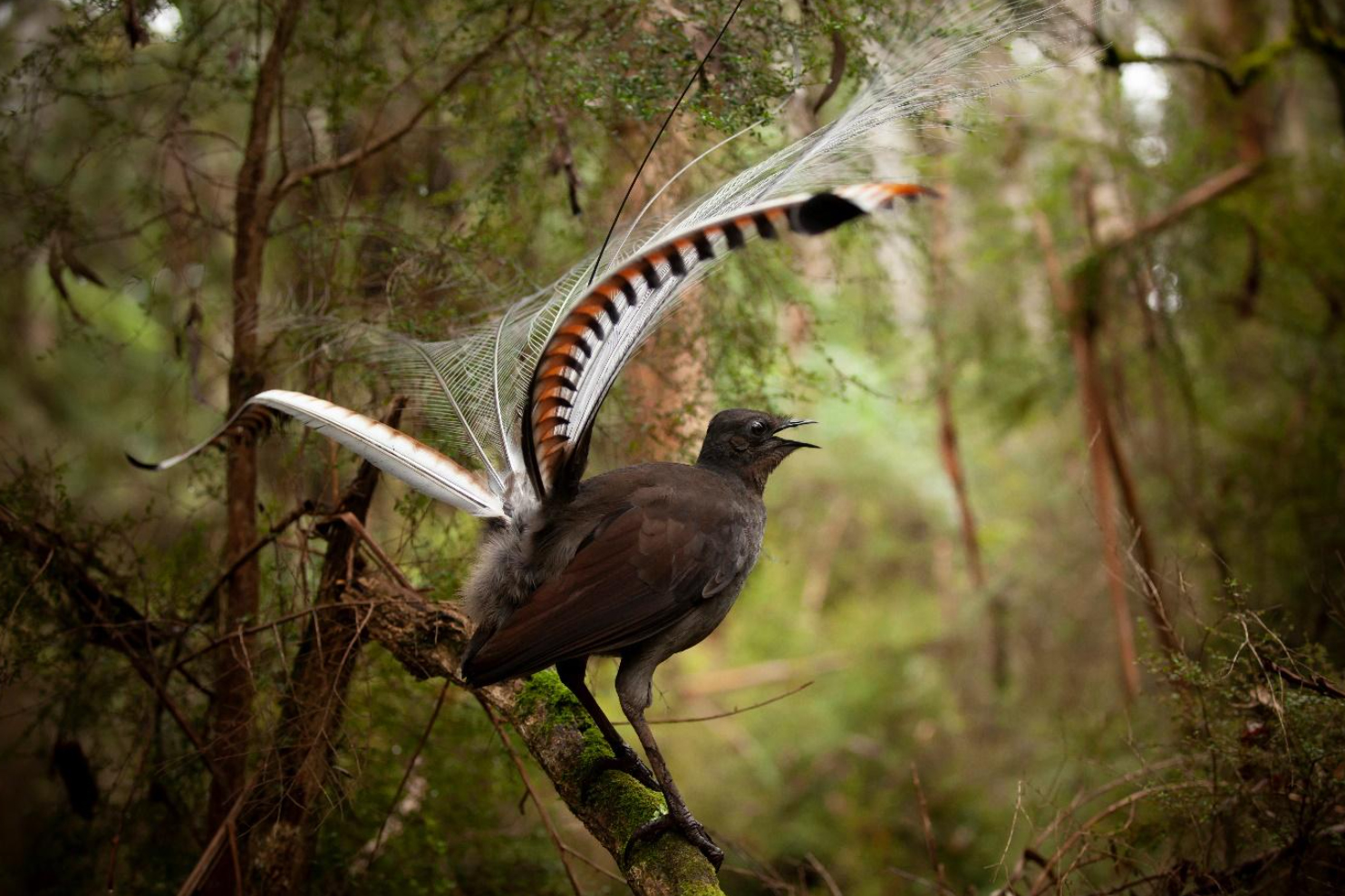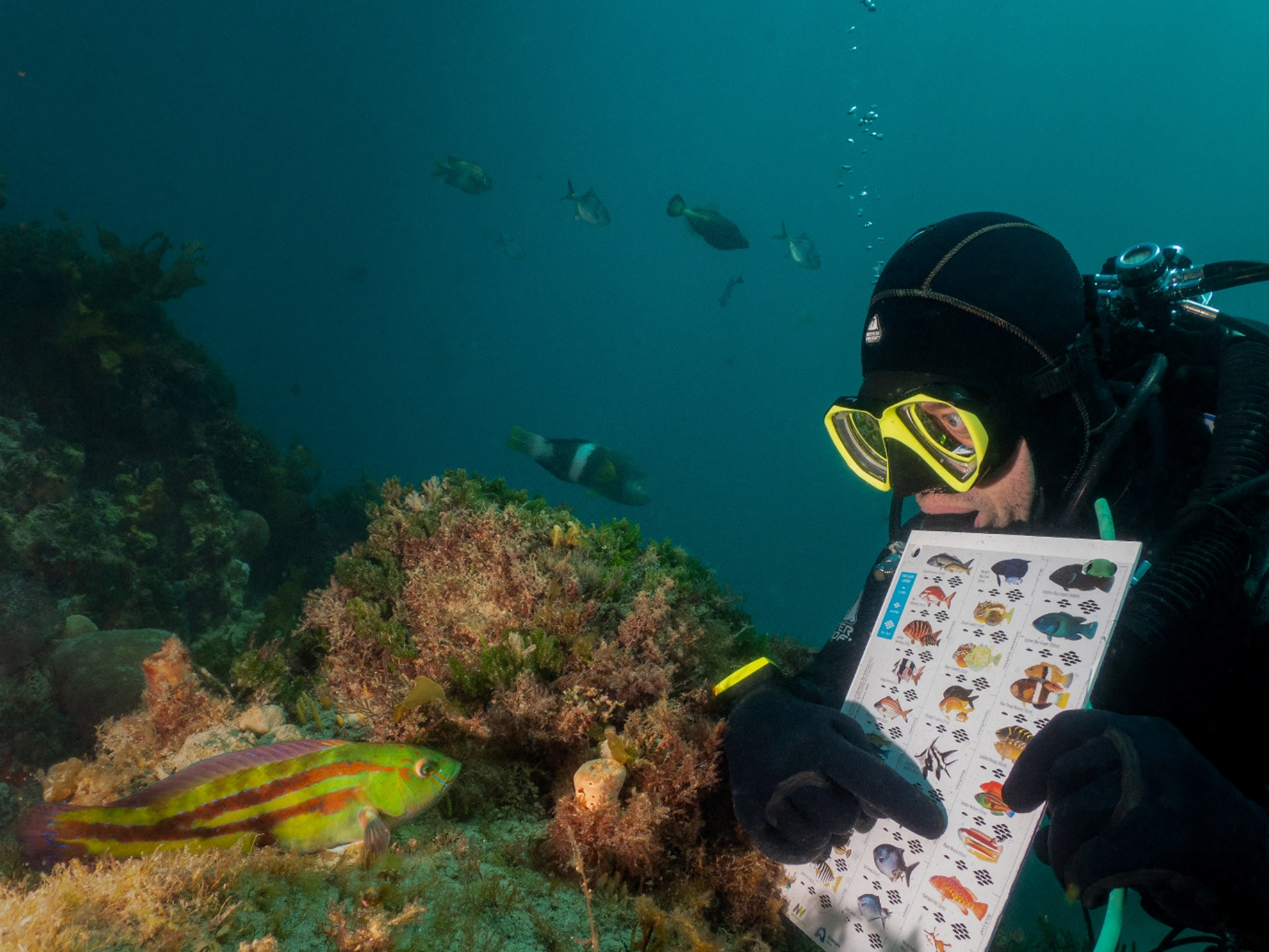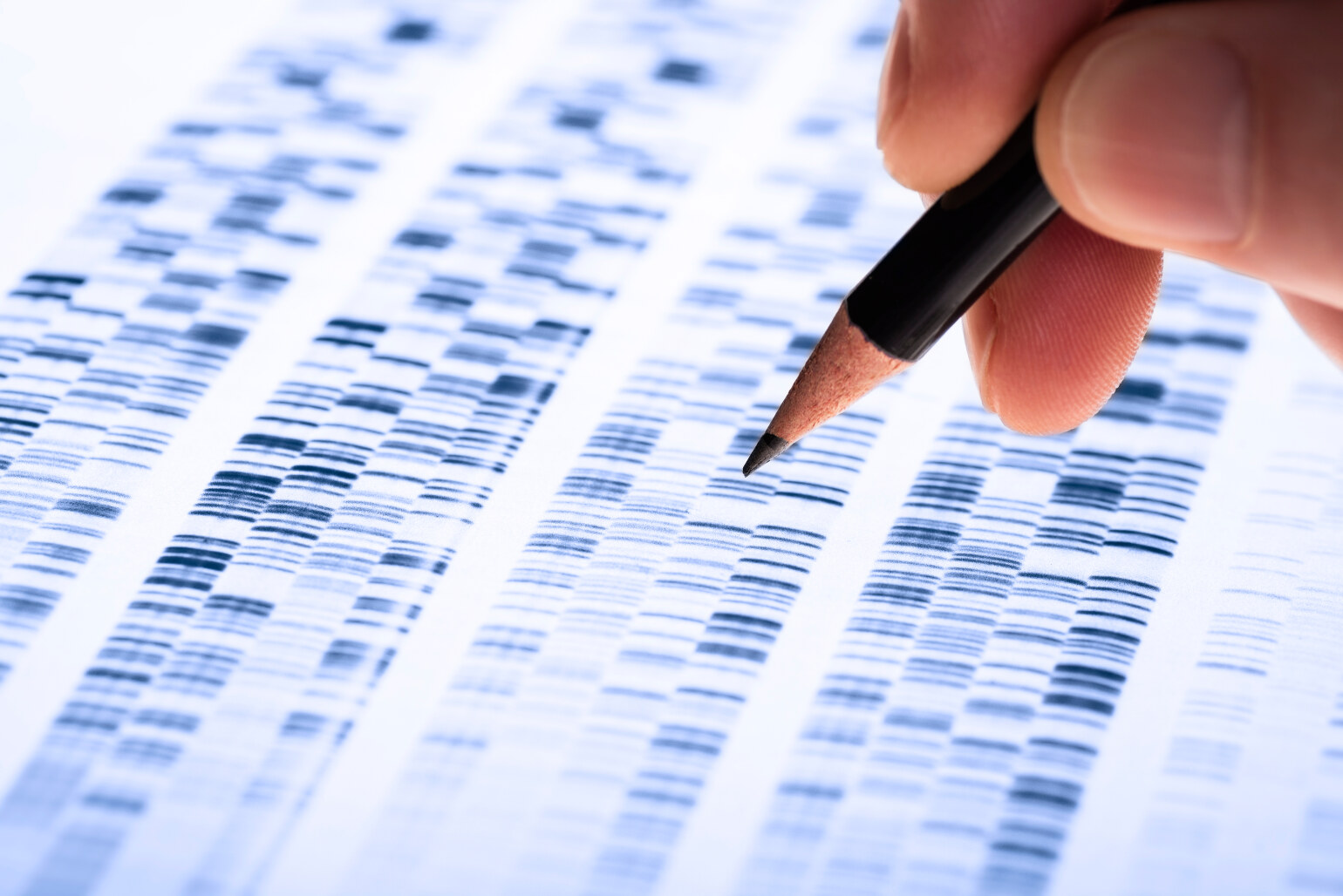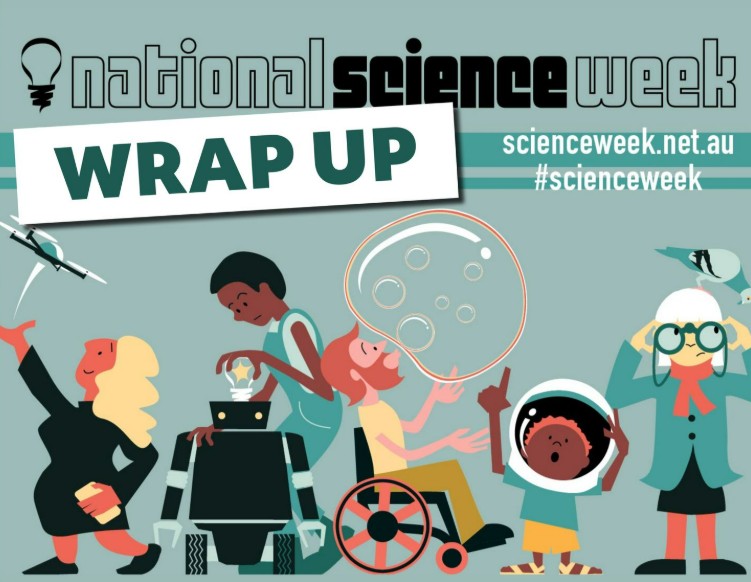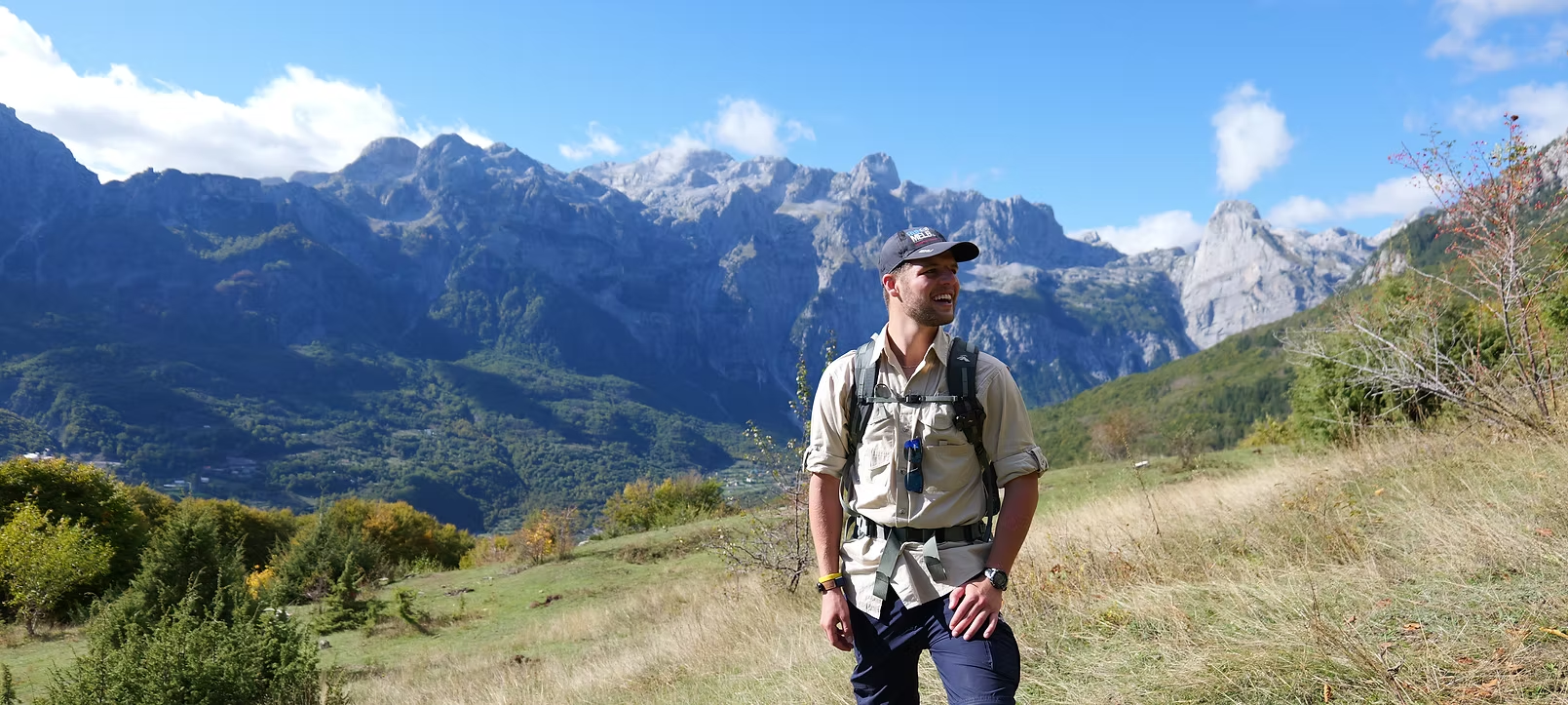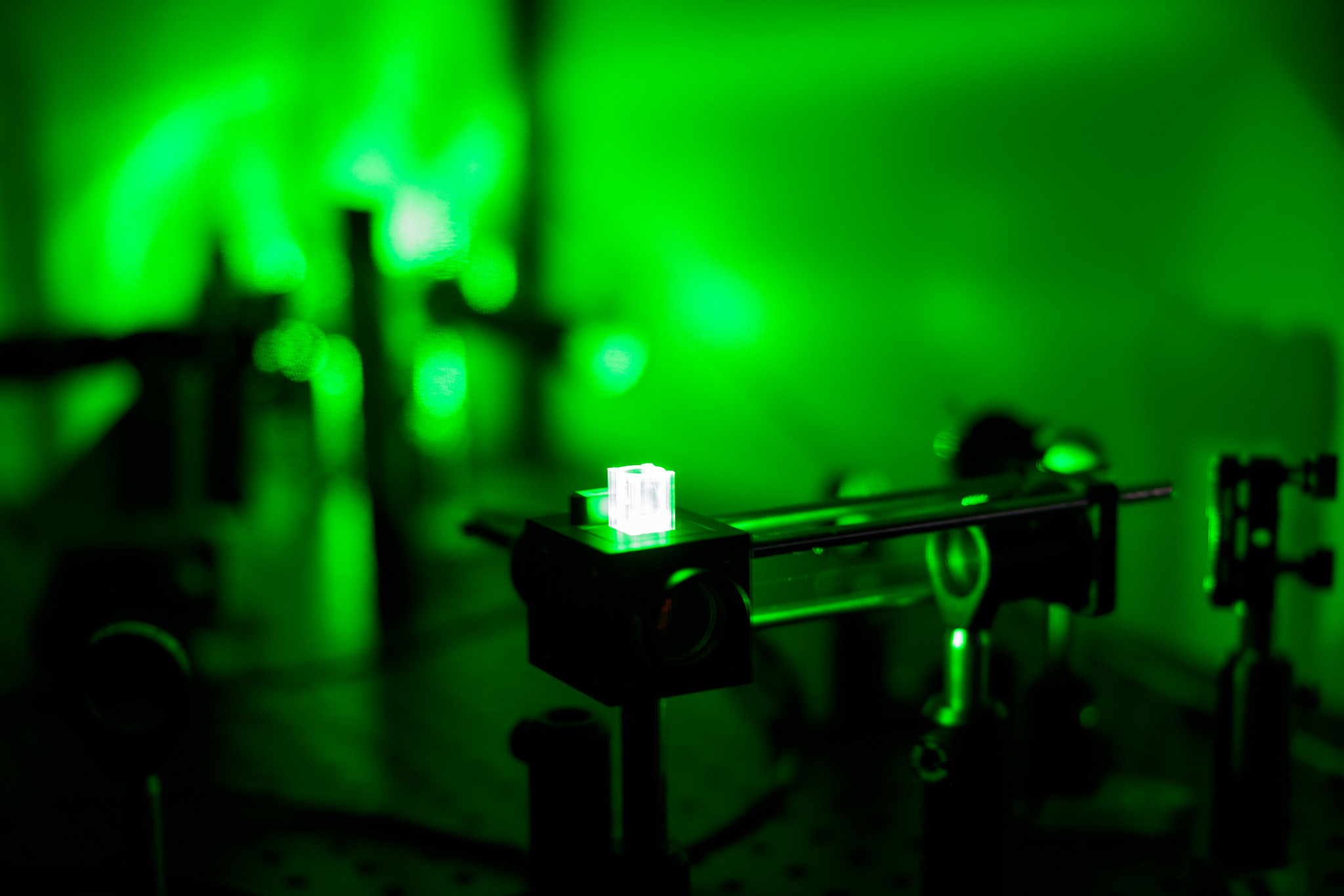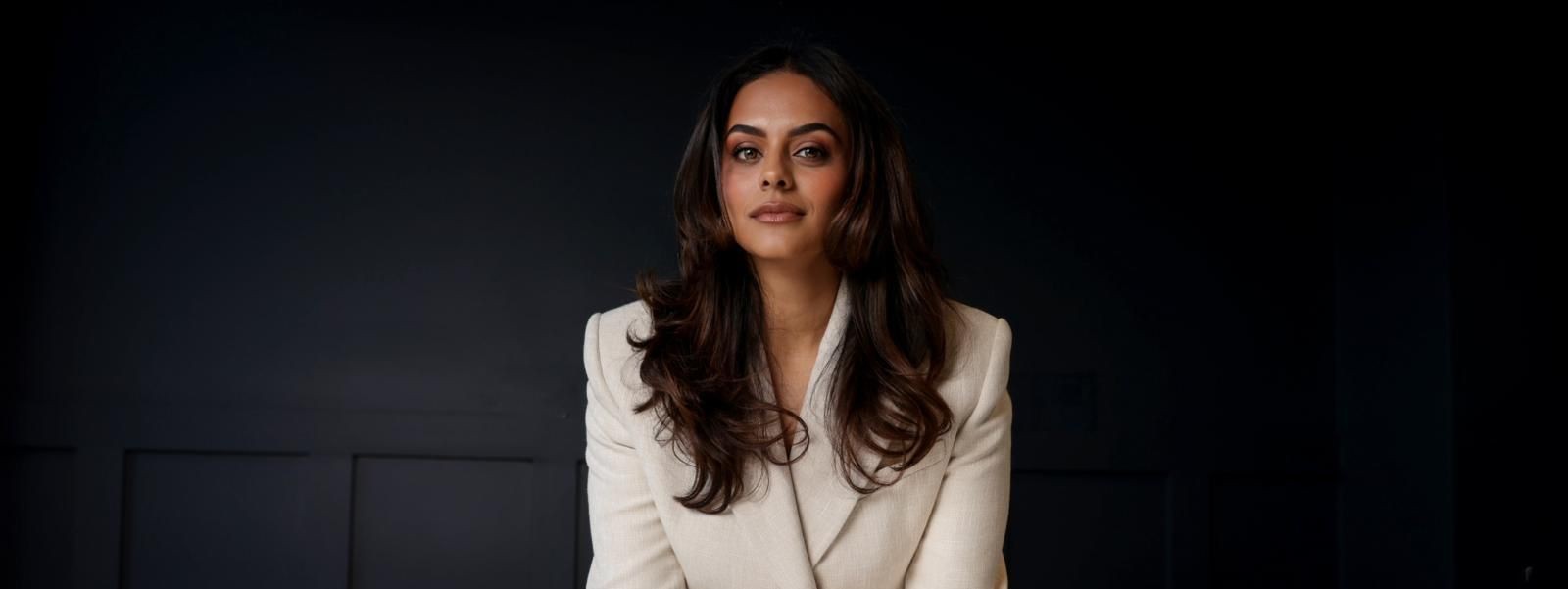My Great Life Misadventure, or ... , How To Get Into Science Comedy
Science Victoria Edition
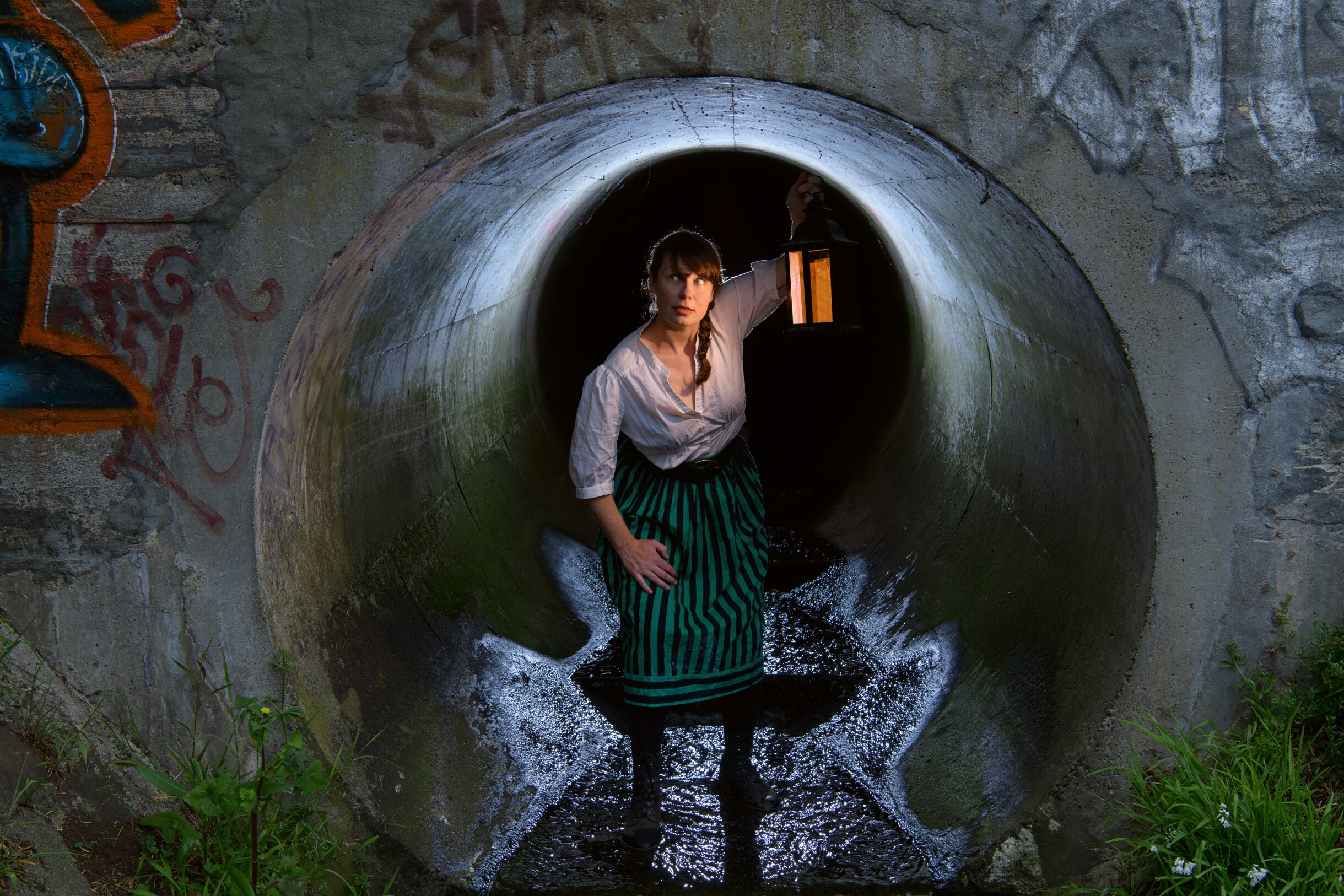

Comedian and Scientist
Stumbling exhausted and inspired out the back end of this year’s National Science Week, I started to ask myself key life questions like: How did I get here? What is it that makes STEM engagement so great? When was the last time I ate a vegetable?
The week had provided me with an opportunity for a Sci Fight Science Comedy Debate, an irregular, fun event I run at Howler, a performance space in Brunswick. Researchers and comedians come together to debate serious scientific and philosophical issues in a silly way. The Science Week topic was Is psychology a science, an art, or an ink blot of your parents fighting?
I also acted as MC for Sounds of Science, a beautiful night of storytelling. And the Melbourne Museum let me run nerdy science trivia as part of Nocturnal, their brilliant monthly evening event where adults can browse the museum, learn stuff, and have a drink, without stepping on children.
My Haphazard Journey
My journey into this sort of thing was haphazard. But I did start out with lofty ideals. As a confused arts graduate, I thought my future was going to be in sculpting government nuclear non-proliferation policy. I was even accepted into a Masters of International Security Studies at St Andrews University in Scotland.
But after getting through to the final round of a scholarship what would have comfortably looked after me there, the selection panel sagely informed me that, while they had no doubt of my academic capability, I needed more ‘life experience’.
Unsure what to do with this information, I went backpacking. And, after wandering through Italy, temping in Ireland, and shaving my head in Russia, I talked my way into a paid internship with the UN in Cambodia.
Phnom Penh was – and I suspect still is – seething with ex-pats. It provided a comfortable life in a beautiful and complicated country, with a thumping night life, and many adventures to be had.
I gained two major things from my time in Cambodia. The first was direction.
It was one night in a pub. A fellow ex-pat described their ‘public health’ masters to me. It was a field I’d never heard of. Supporting populations to have the knowledge and infrastructure to prevent disease? That sounded empowering to me. My gut said yes. Within three months I had left that incredible country behind me, and returned to Australia to enrol in a Masters of International Public Health.
Unfortunately, my gut also said yes to the second thing Cambodia gave me, the microbial parasite Giardia. A solid six months of starting the day with various bodily explosions was a harsh introduction to understanding the importance of water sanitation.
I finished my final Masters essay on the plane to Uganda, where I spent two years living and working in rural Eastern Uganda – coordinating HIV education and testing outreach, setting up mosquito-net micro-businesses, running sanitation pushes with local volunteers, and doing a bunch of health education. It was the best time of my life.
It also nearly killed me, in about eight different ways, including two bouts of malaria, schistosomiasis, and on one memorable occasion, a sand flea. I was also threatened with defamation by an Australian ‘doctor’ who I dobbed in to the authorities for treating locals suffering from malaria with ‘colloidal silver’, an ineffective, toxic therapy which has been banned in Australia. He’s still out there somewhere, I suspect.
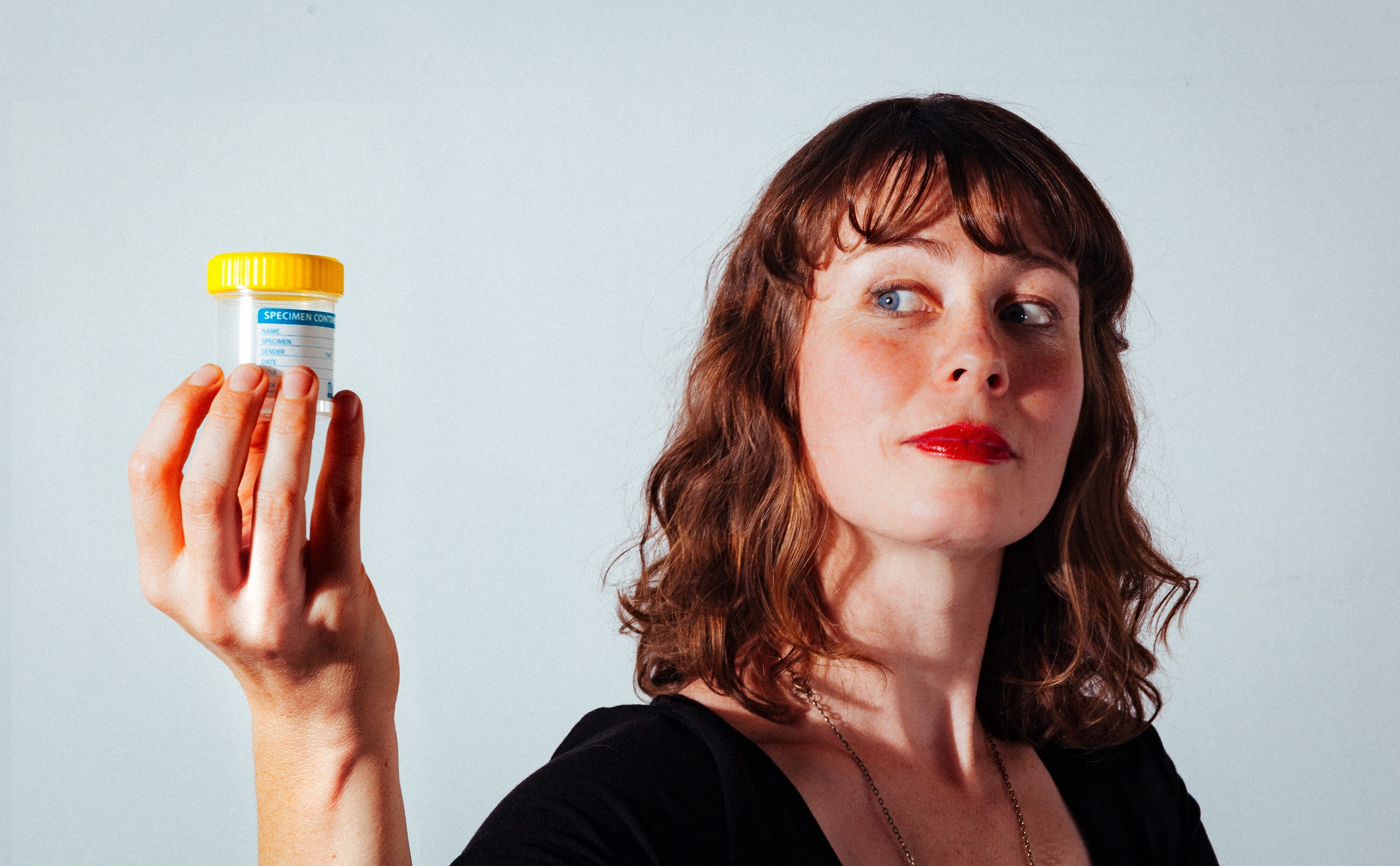
Coming back to Australia was a chance to immerse myself in culture, hanging out in comedy rooms and storytelling nights, until I found myself trying to do what the people I saw on stage were doing. Stories from my weird and wonderful years overseas started seeping into my routines. A friend one day suggested I put together a show called Parasites Lost, and it wrote itself before my eyes. It shared the story of the many parasites I’d contracted, and then walked audiences through the cold hard facts about each of them.
Selling Out Then Getting Heckled By The Universe
When I performed the show at the Melbourne Fringe Festival, people seemed to like it. I sold out the whole run. Then I did it again at Melbourne Comedy Festival. Jokes, with personal stories, and science facts seemed to be a winner. Also, science-curious audiences are just about the loveliest folk you can get into a room.
So, I just kept doing it. I started calling it ‘science comedy’. No one objected. People said they didn’t know science comedy was a thing. I didn’t know whether or not to tell them that you can just do whatever you like, and call it whatever you like. I haven’t yet met a person who has told me to stop.
%20(1).jpg)
My second show Days of our Hives delved into my hobby of bee keeping and bee losing, and how I learned, through bees, that everything was connected. The show followed the journey of me realising I needed other people, and that it takes a village to raise a bee. My third solo show On the origin of faeces looked into the wonderful world of gut microbiomes, celebrating bacteria and viruses. That show was cancelled by COVID, proving the universe is also capable of heckling. I did it a year later, with some heavily modified bits about viruses.
But my most enduring project to date has been the Sci Fight Science Comedy Debates. I bring together scientists and comedians, mix them up, give them a sciencey/philosophical topic to play with, and stand back. We’ve debated topics such as: We should bring back the dinosaurs; Humans are worth saving; We need a space government; and, most recently Psychology is a Freud.
Creating a place for irreverence, play, and permission to roast and argue with each other has been a deeply liberating and joyful experience. Both the comedians and the scientists go in to the debate very nervous. Everyone is labouring under imposter syndrome. Then, they end up having more fun than seems legal.
Likewise, Sounds of Science is a soulful evening where scientists are invited to share their origin story. Scientists get plenty of opportunities to share their research. This night, however, is a place to talk about the ‘why’ – When did they fall in love with their science?
It dispels all the tidy myths about five-year plans or strategic career goals or innate talent. Instead, we hear about the random midnight chat with a stranger on a bus that changed everything. We hear about the family tragedy that led people to dedicating their lives to alleviating that suffering in others. We hear about the passions that carried people across continents and kept them going in the face of failure. In short, the human being steps out from behind the microscope.
Could this be Science Communication?
Does this all count as science communication? I don’t know. All I know is that whenever I see a scientist share what they care about and why, audiences light up and engage, and they remember what was shared with them.
I think Merlin Sheldrake put it best: ‘Scientists are, and always have been - emotional, creative, intuitive whole human beings, asking questions about a world that was never made to be catalogued and systematised’
He should know. He studies fungi.
Want to stay up to date and get articles like this and the latest Science Victoria digital magazine delivered straight to your inbox?
Subscribe for free now at subscribe.rsv.org.au
Discover how you can join the society
Join The Royal Society of Victoria. From expert panels to unique events, we're your go-to for scientific engagement. Let's create something amazing.




